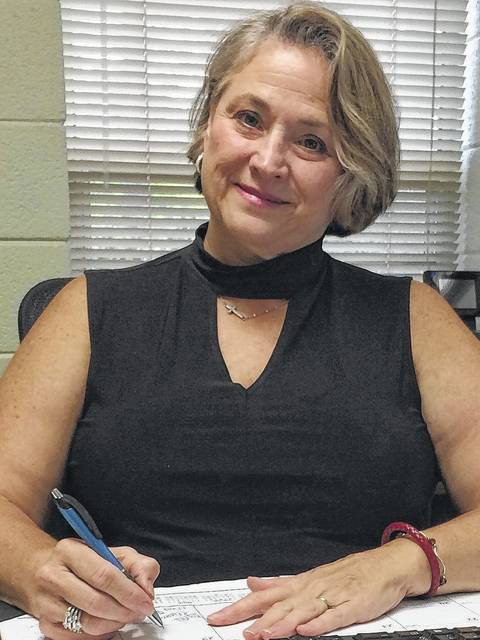Over the past few months I have covered many things about dementia. I thought it would be a good idea to review.
Many families have been affected by dementia and the numbers are growing. Dementia is an umbrella term and has 85-90 different conditions. Dementia, according to the dictionary is a chronic or persistent disorder of the mental processes caused by brain disease or injury and marked by memory disorders, personality changes, and impaired reasoning. Alzheimer’s disease is the number one condition of dementia. It is the sixth leading cause of death in the United States. By the year 2030 we will have an Alzheimer’s disease tsunami; this is just 13 years away.
According to Mark Hensley, Dementia Services Coordinator with the North Carolina Division of Aging and Adults Services, every 67 seconds someone develops Alzheimer’s disease in the United States. Alzheimer’s disease attacks the brain asymmetrically. Generally attacking the left side of the brain first, this is where language and vocabulary are stored. The right side of the brain is where automatic speech, rhythm, forbidden words and swear words are stored. Just remember language on the left and rhythm on the right. They lose on the left and retain on the right. I continue to encourage families living with Alzheimer’s disease to remember the person living with this disease is doing the best he/she can do. When a person is living with Alzheimer’s disease their brain is failing; their brain is shrinking. To put this as a visual, imagine a bowl of grapes round and full; now imagine a bowl of raisins, small and dried up. Get the picture? Cells wither then die and the person loses ability.
Dementia is NOT normal aging. According to Alzheimer’s North Carolina, the youngest person they have encountered with Alzheimer’s disease was age 33. This disease really has no preference of age. Lots of things will make it look like a person has some condition of dementia such as a UTI, pain, depression and the results of taking lots of medicine. If your loved one starts showing signs of abnormal aging you may want to consult your health care provider. If you notice a change in your loved one and suspect dementia, I encourage you to document. When memory, language, behavior and motor skills appear to be off, you should get an assessment. Your documentation will be a good tool for your health care provider.
Caregivers, take care of yourself. If you do not take care of yourself you will become unable to care for your loved one. Remember, you breathe the oxygen first and then you are able to help others. Caregivers remember to take a time of respite and find ways to relax. This will be imperative in your caregiving role. Learn to laugh, remember Proverbs 17:22, “A cheerful heart is good medicine.” Please remember caregivers to take those three deep breaths we have talked about. Currently, 160,000 older adults living in North Carolina are living with Alzheimer’s disease or other types of dementia. So Caregivers you will need to build a network of support. You are going to need it. Caregiving is taxing.
To those of you that know families living with dementia, do not forget about them. Do something nice for the caregivers, send a card, give them a phone call or make a meal and deliver it or even a visit would be nice. Just do not forget them.
I read over my articles and pulled out some important notes for us to review. I trust what you just read has been an essential review. My goal is for our hometowns to become a dementia-friendly community. One part of working toward this goal is this weekly article. Hope you have a “Best Day Ever”.

